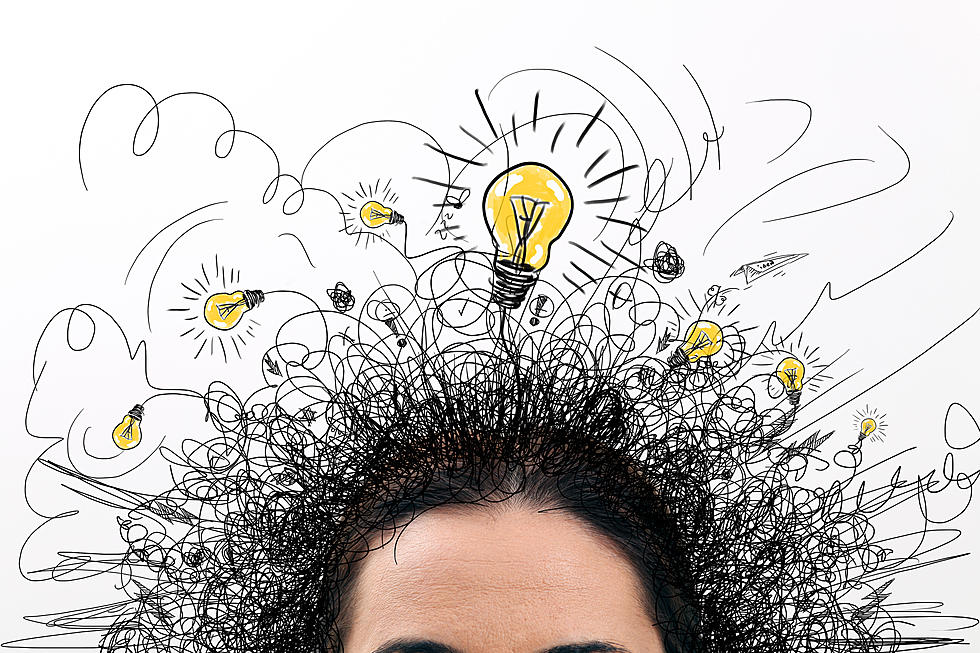
How Does Music Affect The Brain?
If you ask anyone how they feel about music, most people will say something like, “I can’t live without it.”
Music is such an essential part of our lives, whether we use it for entertainment, to celebrate special occasions, or even for religious ceremonies. It’s everywhere—almost every restaurant, gas station, and office has music playing in the background. It can make you happy, it can make you sad, it can make you motivated to do anything, or it could give you the courage to tell someone special what they mean to you. But why does music have this effect on us? Why does an arrangement of seemingly random pitches and rhythms have such power over what we feel? The answer, as with most things, lies within the brain.
When we listen to music, our brains release dopamine, which is the chemical that is produced when you’re feeling happy. What’s more, if you listen to a song enough times, your brain can get ready to release dopamine before your favorite part has even happened yet. This makes you want to listen to the song more and more, because you have good feelings associated with it. This might be why we can get goosebumps when we hear the intro to our favorite songs!
In addition to influencing emotions, music is just plain great for your brain. We teach kids to learn things through song during their formative years because music accesses essential centers in our brain that are particularly receptive to rhythms and patterns. Musicians have more grey matter in areas of the brain that are used when playing an instrument, as well as their auditory cortex, which is where sound is processed. This affects other areas of function, such as speech, emotion, language, and working memory. Making music can improve people’s ability to think through problems in ways they may not have if they’d never had musical training. It doesn’t mean that musician’s brains are bigger or better than anyone else’s—it just means that a musician’s brain would look different than a scientist’s, or an electrician’s. Everyone’s brain is different based on the parts of it that they use the most.
Whether you’re strumming a guitar or tapping your foot to your favorite song on the radio, you could be feeding your brain with positive hormones and forming new pathways to solve problems. Instead of putting on a thinking cap, put on your thinking headphones and listen to some great music!
More From WZOZ






![Ten Music Festivals Happening in New York in the Summer of 2021 [GALLERY]](http://townsquare.media/site/498/files/2021/06/attachment-Aranxa-Esteve.jpg?w=980&q=75)


